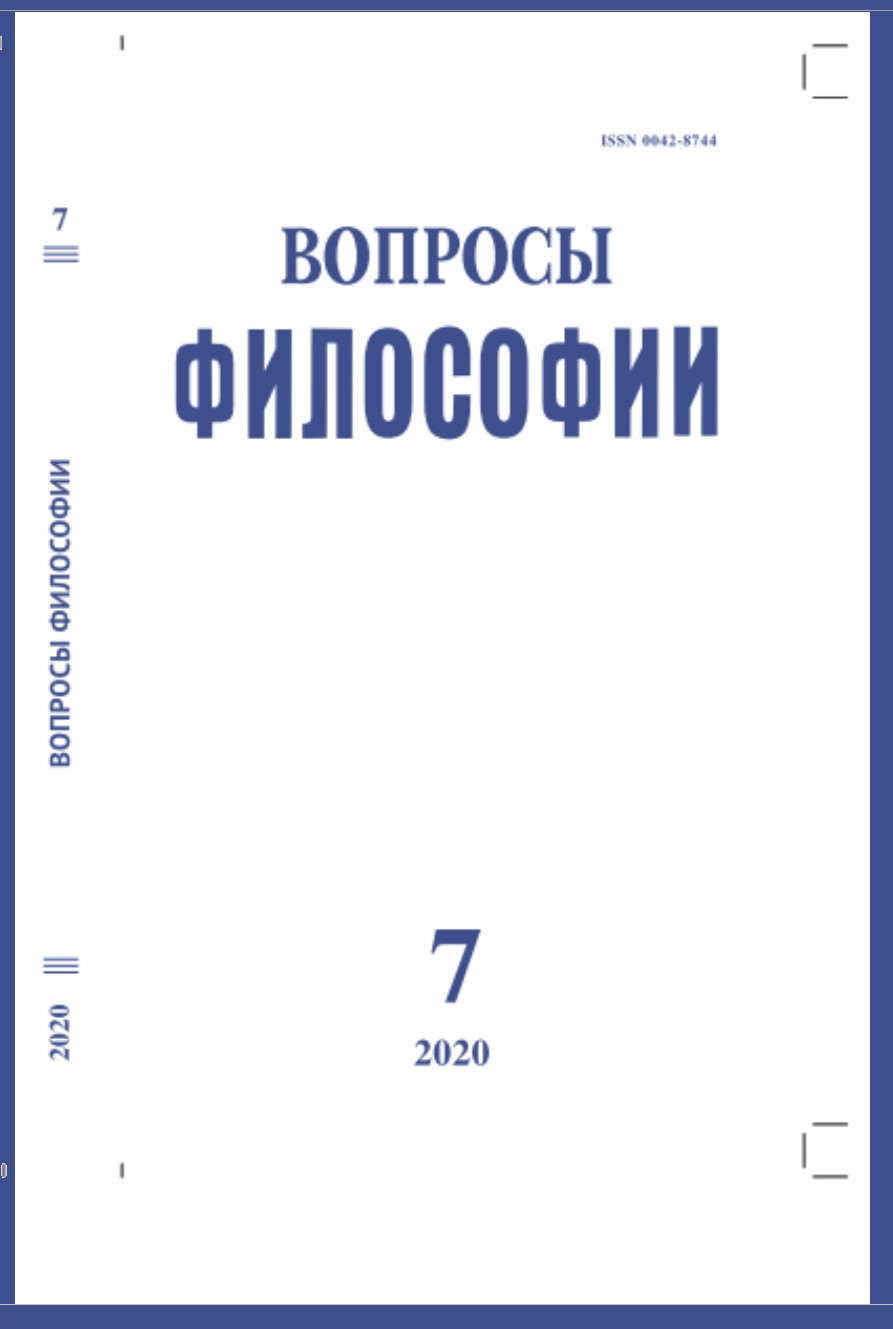Транснациональная история как способ работы с коллективной памятью
DOI:
https://doi.org/10.21146/0042-8744-2020-7-20-24Keywords:
collective memory, transnational history, politics of memory, commemorationAbstract
The author argues that the collective memory, limited by the framework of a certain national community, is always a conflict-generating in its essence. It provokes competition of historical narratives and hinders the critical thinking of one’s own past. In turn, the transnational history as an alternative overcomes national particularism, it allows moving from conflicting memories towards so-called “collaborating memory studies”. As part of this, society has the opportunity to empathize with other people’s suffering and admit its own historical guilt. This is especially important when studying such traumatic collective memory phenomena as genocides or war crimes. A transnational approach to the politics of memory can be implemented on two levels – internationally, when the “transnational” is understood as going beyond the borders of nation-states, and also at the level of a separate multi-ethnic state, where it allows to write the history of a country that takes into account the fact that its citizens belonging to different ethnic groups may have different versions of collective memory. The author submits that despite the difficulties that the process of forming a transnational “memory framework” faces today, globalization, which generates the phenomenon of a global civil society and a global audience, will anyway contribute to the construction of elements of global memory

